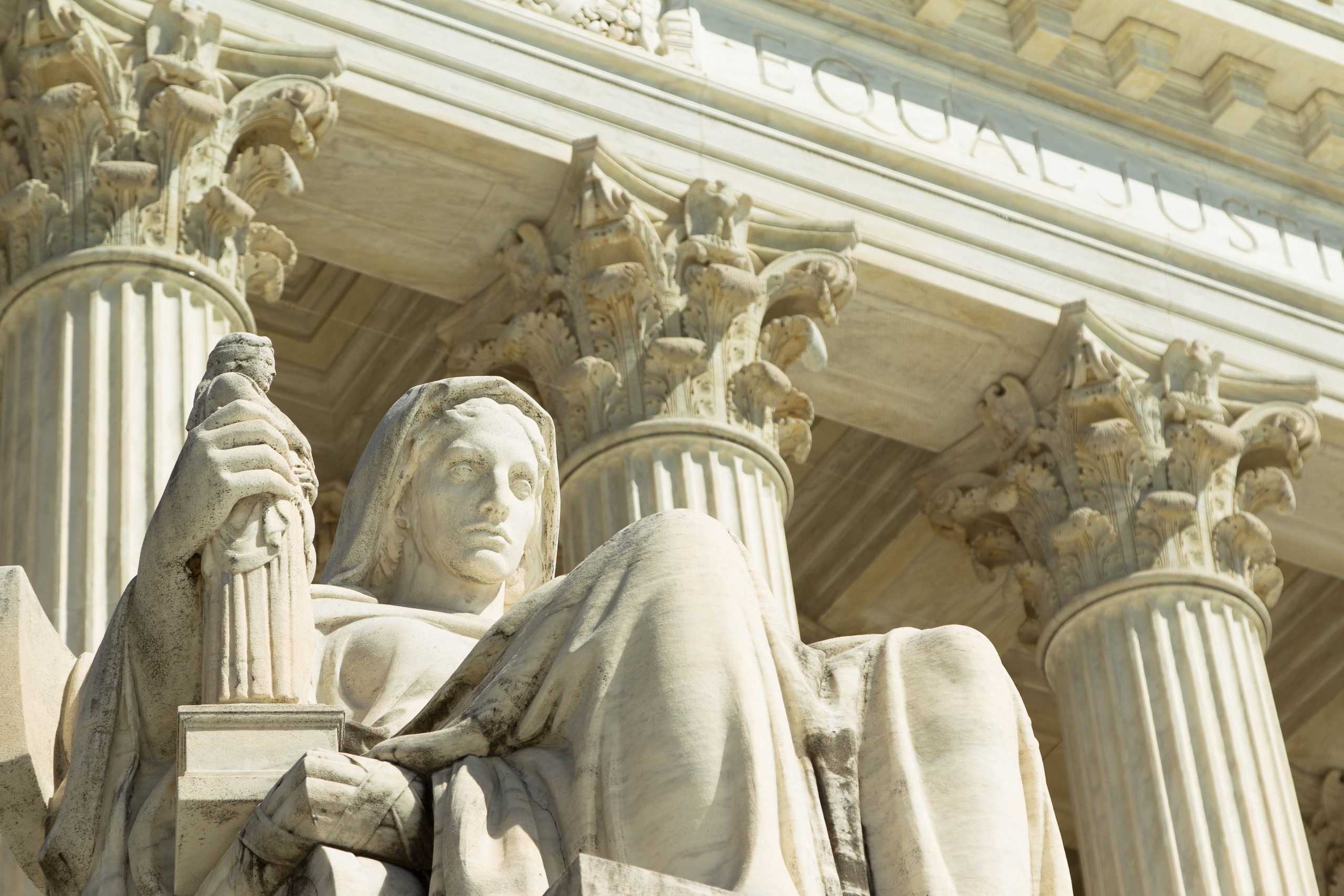Justices seem to resolve Dogecoin arbitration dispute during argument


Wednesdays oral argument in Coinbase v. Suski was the courts second case in February under the Federal Arbitration Act, and by all accounts this one will be a lot easier for them to resolve than Bissonnette v. LePage Bakeries. Coinbase is a technical dispute about the delegation clause in an arbitration agreement, which delegates to the arbitrator not only the job of resolving the dispute between the parties, but also the threshold question whether any particular dispute falls within the arbitrators authority. Here, the customers are complaining about a Dogecoin sweepstakes that the cryptocurrency exchange platform Coinbase ran in 2021, and they are trying to keep that dispute out of arbitration. And it probably is relevant that this is the second time this dispute has been before the justices just eight months ago in Coinbase v. Bielski the justices ordered the trial court to stay its proceedings pending the result of the seemingly interminable litigation about whether the case should go to arbitration.
As the case comes to the court this time, the only issue is who the district court or the arbitrator should decide whether the dispute belongs in arbitration. Coinbase points to its user agreement, which carefully and explicitly calls for arbitral resolution of that question for all disputes with its customers of any kind; the customers point to the sweepstakes rules, which (presumably by mistake) fail to mention arbitration and choose California courts as the venue for any litigation.
It is not at all clear that the justices are of one mind about the dispute. Some of them seem to think it pretty clear that the arbitrator ultimately would decide whether this dispute belongs in arbitration. Justice Neil Gorsuch, for example, led David Harris, representing the customers, to concede that the arbitration agreement is still operative, and that it says it applies to everything.
Justice Ketanji Brown Jackson, on the other hand, viewed the facts quite differently, as she explained to Coinbases counsel, Jessica Ellsworth: Lets say we have contract A that absolutely answers the who decides question, and then we have contract B that implicitly decides the who decides question. In that case, she said, we have contract number 1 that is picking arbitrator is the one who decides, and we have contract number 2 that is implicitly picking court is the one that decides. I thought you agreed with me that in that situation, its a question for the court.
So if the justices were to decide for themselves whether the sweepstakes rules superseded the user agreement, I can imagine a division of opinion. But by the end of the argument that seemed like a pretty remote outcome, based on some forceful and repeated questioning from Justice Brett Kavanaugh (who wrote for the majority the last time the case was here). His key point is that both parties seem to agree that the U.S. Court of Appeals for the 9th Circuit never actually decided the underlying contractual question of whether the sweepstakes rules, as a matter of state contract law, superseded the original user agreement.
When Harris acknowledged that he agree[d] with Coinbase that the Ninth Circuits opinion did not accurately reflect the parties contractual disputes, Kavanaugh asked him whether he agreed that the justices should send [the case] back for a determination of whether the sweepstakes displace the other contract, which could involve a debate about which law controls and all sorts of other things.
Harris offered a long and discursive answer to that question, but then Justice Elena Kagan stepped in and asked him pointedly: Do you think that the 9th Circuit decided whether the official [sweepstakes] rules supplant the original arbitration agreements delegation clause. When Harris answered No, she pressed even harder: So you think this is not like, oh, they just forgot to put in a sentence. You think that they never addressed that question.
When Harris, responded Correct, Justice Sonia Sotomayor interjected: I think you just gave away your case. I think you just gave away your case. Harris disagreed, but Sotomayor explained: They came in saying vacate and remand because [the 9th Circuit] didnt address whether the sweepstakes agreement superseded [the user agreement] and youre saying that the 9th Circuit didnt do that.
Gorsuch quickly joined in to agree that because of what Harris just conceded over and over again, it made sense to remand for more proceedings in the 9th Circuit on whether that second agreement modifies the first.
I can imagine the justices taking the time to write dueling opinions on how state contract law would evaluate the relation between the user agreement and the sweepstakes rules. But with such a clear acknowledgment by counsel for the customers that the 9th Circuit has not really answered that question in the first instance, a quick and easy remand to the 9th Circuit seems much more likely. If Im correct, it probably wont take long to see a result, perhaps authored again by Kavanaugh.
Posted in Merits Cases
Cases: Coinbase, Inc. v. Suski
